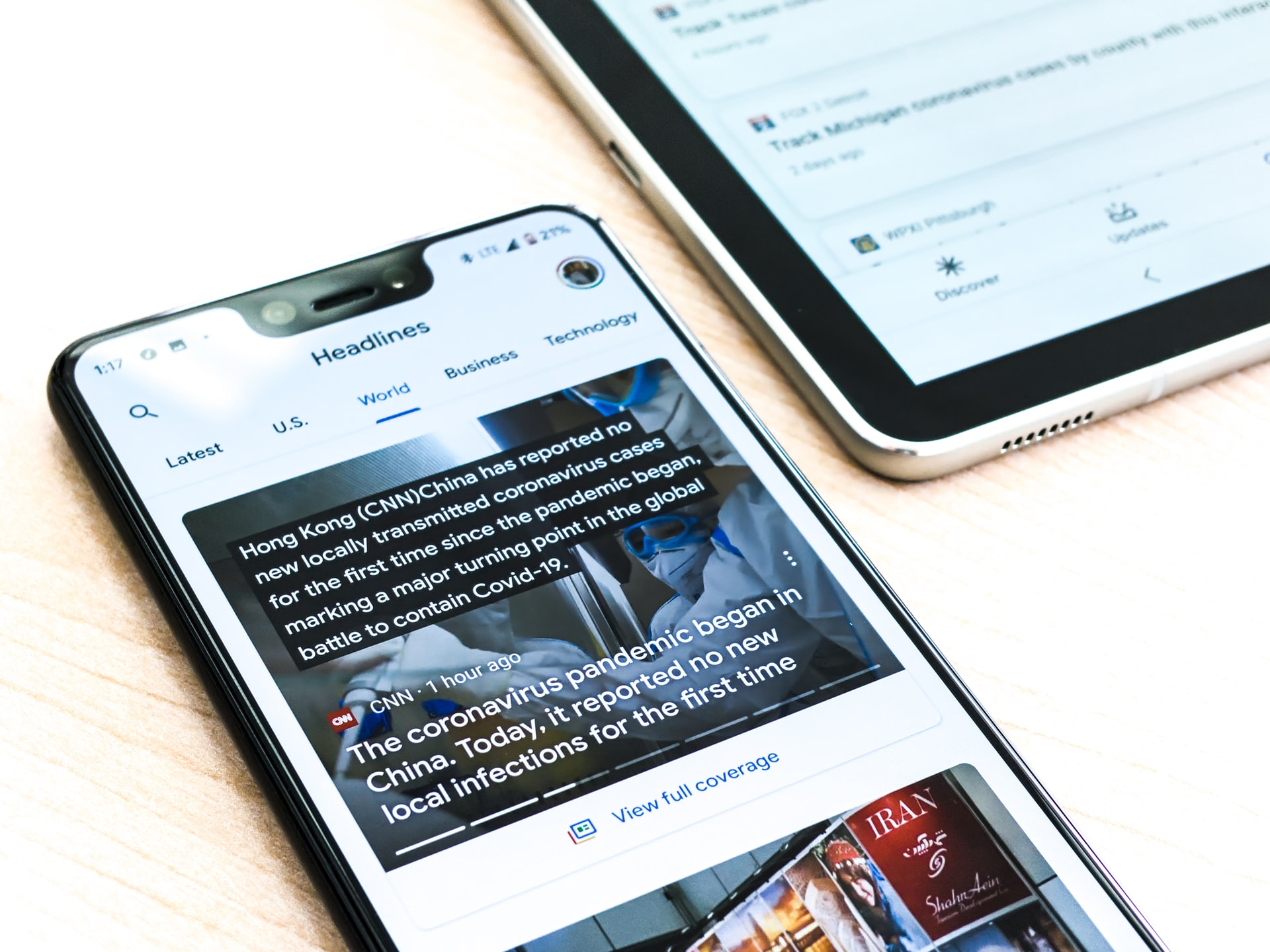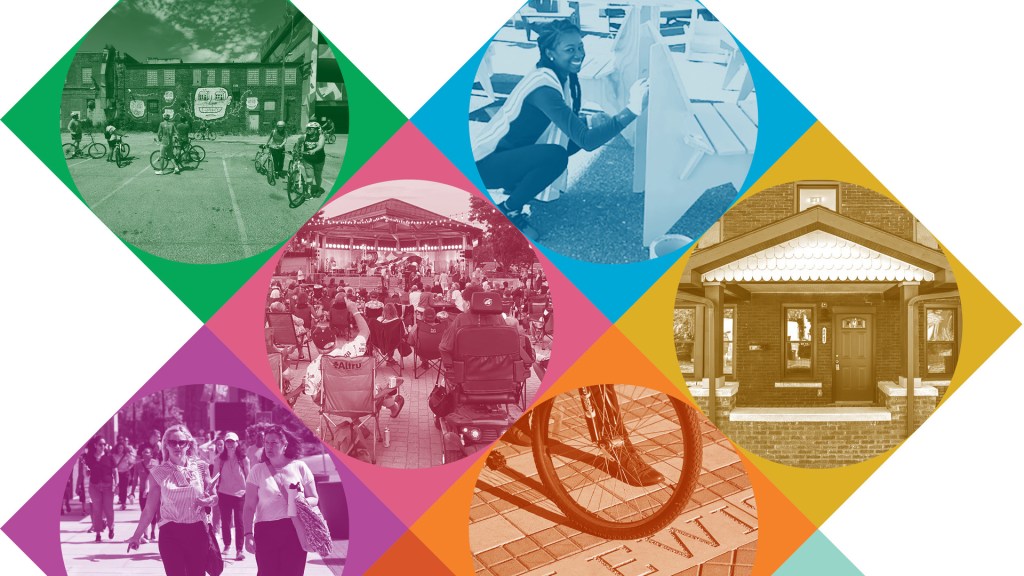
New study: What people tell us about their news habits when they’re not being asked
It’s a common question that vexes survey researchers who study the media: how much do people’s responses to news consumption questions align with their actual behaviors? The sheer scale and variety of the digital news environment makes it tougher than ever for individuals to recall where they get their news. What’s more, survey takers may be inclined to give answers that they think pollsters want to hear. This gets especially challenging when trying to unpack how political views influence news habits.
For practitioners in the news industry, one of the promises of the web and of social platforms was the advent of deep analytics. And yet, insights about readers in many ways remain limited. A publisher knows how many people view and engage with their content, but not much about what motivates them.
For industry and researchers alike, powerful platforms like Facebook are opaque, especially when it comes to understanding broad patterns in news behaviors across brands (though there are some promising recent developments in data access).
That’s why the Knight Foundation and the Gallup organization developed NewsLens, an experimental platform and news aggregator to facilitate novel research on how people interact with the news online. Functioning similar to a ‘real world’ news aggregator, the NewsLens site has the look and feel of a typical news outlet, and aggregates hundreds of stories per day from mainstream news organizations that span the political spectrum. Researchers can then observe how NewsLens users read, browse and rate stories.
We wanted to know the extent to which news consumers’ political predispositions were responsible for nudging them toward and away from certain types of news articles online, at a time of intense partisanship—the period leading up to and shortly after the 2020 election.
What we found adds to the growing body of evidence that online news ‘echo chambers’ are actually quite rare, even as some news consumers on balance do allow partisan cues to influence their online news preferences.
Here are a few highlights:
- Readers gravitate to news content that matches their politics, but to a lesser extent than you might think. Visitors to the NewsLens site who indicated strong partisanship nevertheless selected articles from outlets across the spectrum. Even when the source of the article was revealed to the user (i.e. Fox or CNN), a partisan user who clicks on 100 articles would open, on average, 36 from politically sympathetic sources, 33 from neutral sources, and 31 from adversarial sources.
- An outlet’s brand plays an outsized role in shaping judgments about the overall quality of news content, especially in the eyes of partisan news consumers. On a five-star rating scale, partisan NewsLens users give 1.37 more stars, on average, to politically sympathetic sources than adversarial ones when the source’s name was visible (the ‘natural’ experimental condition), and 0.51 more stars when the source’s name was hidden (the ‘blinded’ condition). So, while users do not significantly alter their news consumption habits based on the messenger, such awareness significantly affects how they think about the content they read, a finding that is also echoed in a new study from the Reuters Institute for the Study of Journalism.
- The perception that a news article is ‘personally relevant’ to the reader is the biggest factor in boosting overall impressions of the article’s quality. When asked to evaluate the stories they read, NewsLens users tended to provide mostly uniform ratings across the different quality components asked about (fairness, completeness, accuracy and personal relevance). However, when researchers controlled for this tendency, the perceived personal relevance of the article (e.g., “it covers the topic in a way that matters to me”) emerged as the strongest predictor of how users would rate the overall quality of an article, including those from politically ‘adversarial’ news outlets.
There’s plenty more data in the study — including the degree of consensus among users when it comes to arriving at a community ‘score’ of a news article’s quality. Overall, the findings — which build on previous research conducted with the NewsLens platform — may not perfectly replicate the vast troves of observational news behavior data being collected by major tech companies about their users. But to the extent the findings take us one step closer to digital news behaviors in the wild, they show us a view of news audiences that is less a caricature than some pundits would suggest. These audiences are influenced by partisan predispositions, no doubt, but still likely to graze across a range of different news outlets. Users are concerned about fairness and accuracy in the news they read; yet at the end of the day, they want information that is going to matter in their everyday life.
About our Trust, Media and Democracy Research
Knight Foundation launched the Trust, Media and Democracy initiative in 2017 to inform solutions to declining trust in journalism and other democratic institutions. Knight has partnered with Gallup to produce a research series that seeks to better understand this trend by exploring Americans’ evolving relationship with the news media and the ways in which Americans seek information and engage in the democratic process.
The research series is anchored by the biennial American Views survey, a large-scale poll of Americans’ attitudes and opinions about the news media and its role in our democracy. Findings from this survey have underscored the linkage between increasing perceptions of partisan bias in news content and the decline in trust Americans’ have for the media as an institution. The 2018 report found that while Americans valued the role of the news media as an important institution in a free society, they did not believe it was fulfilling its democratic roles well. In 2020, Gallup and Knight documented continued pessimism and further partisan entrenchment about how the news media delivers on its democratic mandate for factual, trustworthy information. Nevertheless, Americans have not lost sight of the value of news: strong majorities uphold the ideal that the news media is fundamental to a healthy democracy.
Gallup and Knight have also undertaken a range of experimental research as part of this series that can inform journalistic practice. In 2019, the series found evidence that small interventions — such as better informing audiences of the financial crisis facing local news and of the positive correlation between local news consumption and civic participation — can increase willingness to pay for local news. The partnership also created NewsLens, an experimental news aggregator platform to observe and measure news consumption behaviors. This platform was most recently used to study how Americans interacted with news content around the 2020 election and found that, while they do not seem to consume news in so-called echo chambers, Americans tend to assess news content from politically consonant outlets higher than from others. The study also found that personal relevance is a key factor in how readers rate the quality of news they consume online.
Taken together, this ongoing research series comprises one of the most comprehensive studies of how Americans are informed today and their complex attitudes toward an important pillar of our democracy.
Photo (top) by Obi Onyeador on Unsplash
Trust, Media and Democracy
A partnership between Gallup, Inc. and Knight Foundation to understand public opinion about media, technology and freedom of expression in the digital age.
Recent Content
-
Information and Societyarticle ·
-
Artsarticle ·
-
Information and Societyarticle ·




